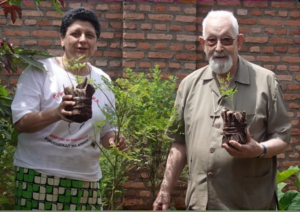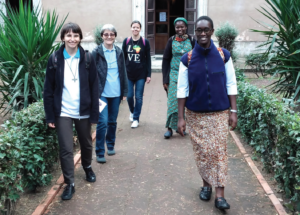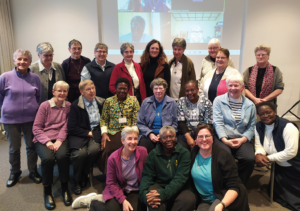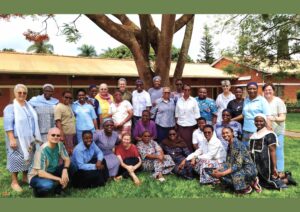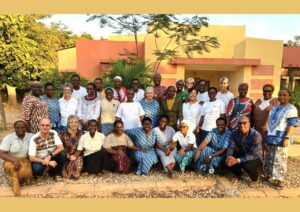Since the beginning, Cardinal Lavigerie wanted us to be sent in apostolic international communities. Interculturality is an integral part of our “family treasure”, of our heritage… a heritage to which we hold firmly.
“Be of one heart and one soul. Be truly sisters one to the other. To love and help one another are the two pillars of community life. Take with a good spirit whatever your companions do or say.” Mother Marie-Salomé
We are not sent alone. It is together that we participate in the mission of Christ. He himself, from the beginning of his public life, surrounded himself with a community of disciples. It was not an international community, but he liked gathering together persons who were very different: by temperament, place of origin, trade or profession, political opinions… Was it not a way of showing how, in Him, all the differences can be harmonised? Thus it is that the interculturality of our communities is called to be a powerful witness given to Him who came “to gather into one, the dispersed children of God” (Jn 11:52).
Throughout the years, the internationality of the Congregation was enriched, diversified, with the joys as well as the challenges which they brought. Little by little, the Churches of Africa became ready in their turn to give of their sons and daughters to participate in the universal mission of the Church and to go ‘elsewhere’, witnessing to the God who loves beyond frontiers.


